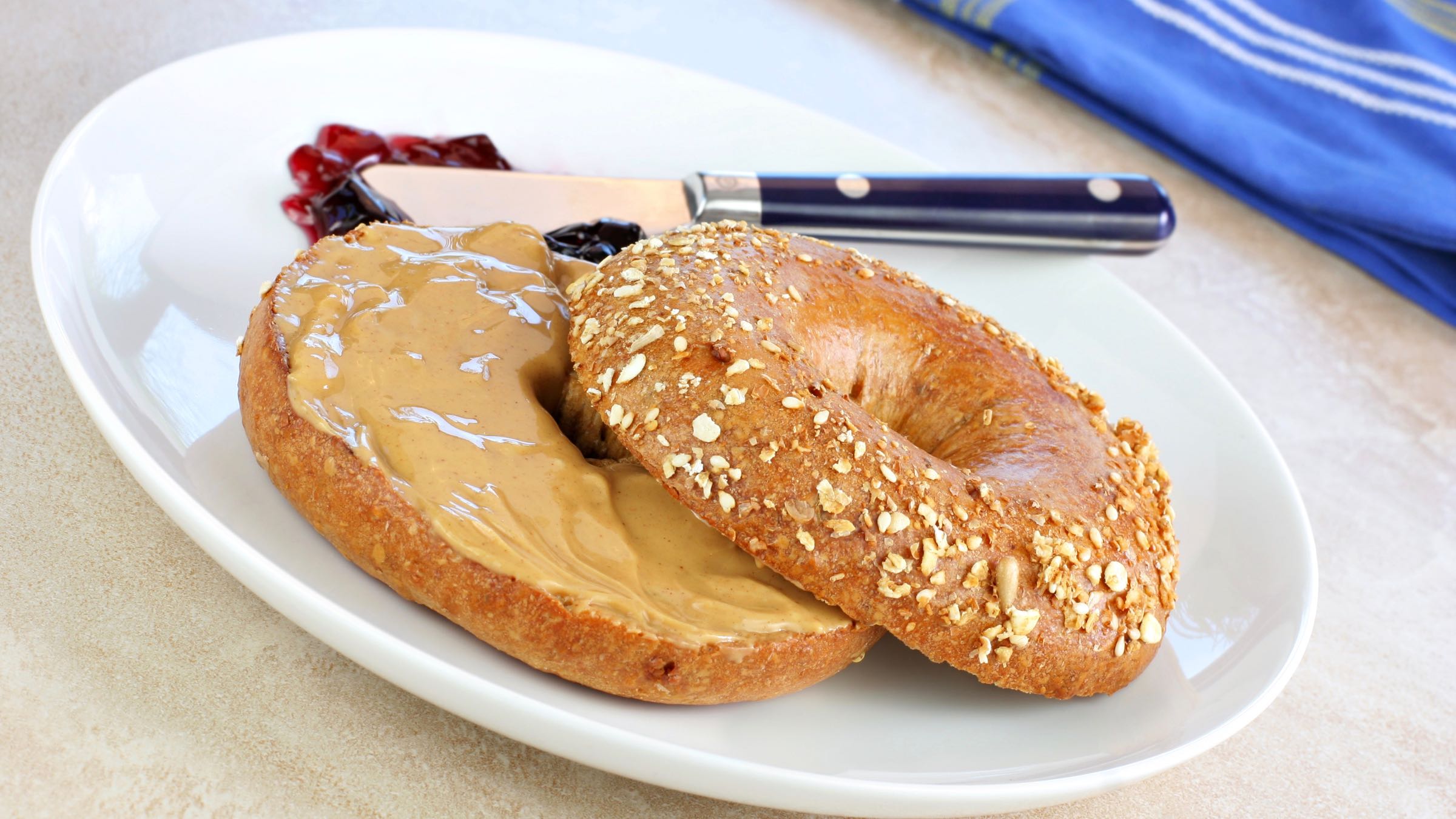Still Training? You’d Better Eat For Immunity’s Sake

Despite postponed races, many people are still training regularly. Leading nutritionists recognize that while exercise can protect and support the immune system, working out excessively with intensity can also present an array of health issues.
Rebecca Williams, nutrition manager at the complete nutrition brand Huel, says that an arduous training program must go hand-in-hand with a well-balanced diet to avoid compromising the immune system; especially in the 3-12 hours after prolonged endurance exercise.
“Intense, heavy exercise may increase the risk of athletes developing upper respiratory tract infections,” she warns. “[Food] becomes particularly important during the ‘open window’ period where immune defenses may be decreased. A strong immune system is particularly important to protect athletes during this window.”
Boston-based sports nutrition counselor Nancy Clark agrees that refueling sensibly is key to remaining healthy.
“You want to avoid a deficiency,” Clark says of the link between diet and immune system. “If people aren’t eating enough calories and protein, it’s a real problem. Most athletes have the opportunity to eat a lot of calories, but you have to put quality food into your body for longevity and overall performance.”
“There are two things going on when it comes to the immune system,” Clark outlines. “You want to build a fortress with strong walls to fight off germs. The other part is that you want to be able to have a strong defense system so if germs come at you, you can attack them.”
The good news is that with the right multi-faceted approach, involving food, stress management, gut health, and sleep, triathletes can keep their immune systems in fighting shape.
So, what’s on the menu? Although Williams notes you can’t necessarily ‘boost’ the immune system with food alone, following general good-health guidelines is the best way to keep it strong.
Both experts agree that an essential shopping list involves fruit, vegetables, whole grains, essential fats—and most importantly, protein.
“Start by making sure Dietary Reference Intakes are met,” Williams says. “These are the amounts of vitamins, minerals, and macronutrients that need to be consumed on a daily basis. If you’re deficient in certain micronutrients then immune responses could be adversely affected.”
“Aim for at least five to seven portions of fruit and vegetables per day. There are certain micronutrients that specialize in supporting immune function like the minerals zinc, copper, and vitamins such as A, C, B6 and E. The best way to ensure you get them all is by mixing up the types of fruits and vegetables you have per day,” Williams says.
In terms of whole grains, foods like quinoa, brown rice, and oats come recommended for their fiber content, which in turn supports proper functioning of the gut. Clark says that 80% of your immune system is based in your gut, thus adding probiotics to your routine may be a good idea too.
Whether doing double or single workouts, protein is imperative.
“Protein does more than just provide the building blocks for muscle; it’s incredibly important for immunity,” Williams says. “Triathletes should aim for between 1.2 and 1.6g/kg bodyweight protein per day.”
Williams adds, “Split protein intake evenly throughout the day in 20-30g boluses. If it’s a day of heavy resistance work, have one of these boluses after exercise. If it’s a day of lengthy turbo work, an athlete should aim to have a source of carbohydrate to replenish glycogen stores roughly within three hours post-exercise.”
Timing is important, notes Clark, so refuel “as soon as tolerable” with a carb/protein combination like peanut butter on a bagel or cereal with milk.
In terms of fats, omega-3s also have immune-regulatory functions, but people are often under consuming so Williams advises eight or more ounces of salmon, sardines, or canned tuna a week.
Hydrating is another area that is routinely neglected, as dehydration is a physiological stressor to the body that can impair immune function and increase risk of infection.
“Being hydrated is super important when it comes to the immune system as the mucus in the mouth, nose, and respiratory tract is on the front line when it comes to protecting our body against foreign invaders,” Williams says.
“Have two liters or eight 8-ounce glasses of water per day, on top of any fluid you may have lost via sweat,” she continues. “An easy way to measure sweat loss is by weighing yourself pre- and post-exercise to determine the deficit, taking into account anything you may have ingested during training.”
Urgent warning signs of a deficient immune system that must not be ignored include a cold that cannot be cured and chronic fatigue.
Williams says, “If an athlete has ‘below the neck’ symptoms, such as excessive muscle ache, chest congestion, shortness of breath, fever, vomiting, or diarrhea, they should forego training and focus on recovery. If an athlete trains through these symptoms, it’s likely that recovery will take considerably longer and can thereby impact the quality of their training for longer.”
To take a cohesive approach to wellbeing, Clark also points to quality sleep and stress management, as “anything that boosts health is impacting the immune system.”
“Stress can negatively influence immune function,” Williams agrees. “And being in a chronic calorie deficit can be considered an added physical stressor. Chronic under-eating can also influence our mood, and this psychological or emotional stress can translate to causing a physical impact on our immune system.”
Williams concludes with an easy-to-remember formula for success when it comes to your diet and immune system.
“Post-training nutrition should focus around the three Rs. Refuel with adequate carbohydrate to replenish muscle and liver glycogen stores. Recover, with appropriate protein intake. Finally, rehydrate, with 150% of the fluid that you’ve lost during training. There’s also a fourth ‘R’ – rest!”